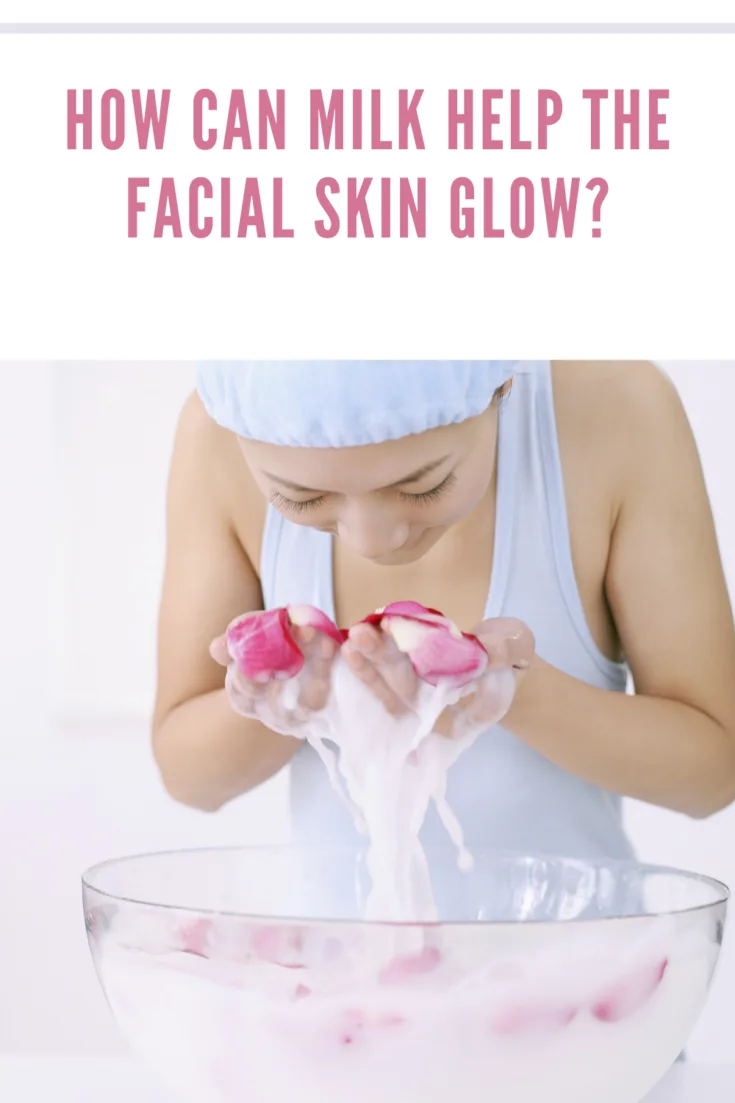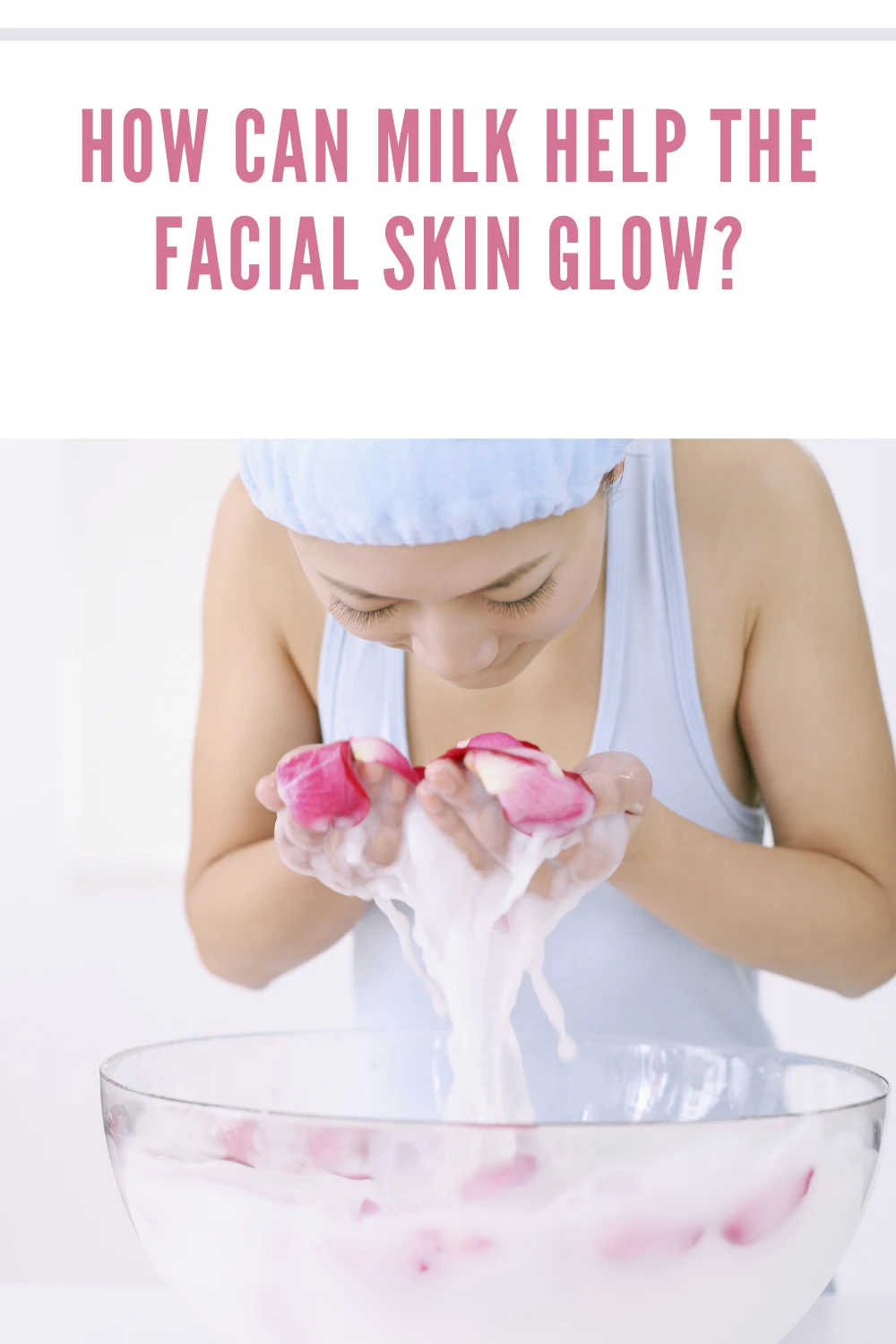Daily milk contains Vitamin A, D, and lactic acid, packed with various health benefits. Popular in skin additives, the components in daily milk can help you grow healthy skin. That’s why most skincare products contain milk (Metro lists six milk-based skincare products). There are lots of products out from facemasks soaps that contain daily milk components. However, if your skin is sensitive to lactose, applying milk to your skin can result in hives and other allergic reactions. In this guide, you will learn about lactic acid and how it can benefit your kin.
Cleanse the Face
Dairy milk comprises lactic acid. According to Healthline, alpha hydroxy acid (AHA) is a useful ingredient that’s widely being used by most skincare products. It’s trendy in the manufacturer of anti-aging face cleaners. It has been proven to be highly effective in removing dead skin and stimulating new cell growth.
However, it’s important to note that lactic acid alone can’t offer optimal efficiency. So, before cleaning your face with milk, be sure to consult with your skin care provider.

Milk in Face Masks
Milk has a creamy and gentle texture. And because of this, it’s believed to be an incredible ingredient for face masks. Even if your skin isn’t sensitive to dairy, you may still want to consider utilizing fermented by-products. For instance, you can try yogurt and sour cream as the foundation cream for your DIY face masks (learn how to make your own on Cosmopolitan.com).
Several studies have found that fermented milk can be beneficial to the face. However, more research is still needed to ascertain the effectiveness of these ingredients in face masks.
Lightening Your Facial Skin
Some people believe that applying milk to the facial skin can improve its appearance. Most skin-lightening products can be harmful when used for a long time. Lactic acid, which is found in milk, is commonly utilized in most skin brightening treatments that treat dark spots. Nonetheless, there isn’t enough clinical evidence to show that milk makes your skin lighter.
Treat Acne
Are you looking for an effective way to treat your acne? Well, it’s time you consider using milk or lactic acid. Remember, acne is believed to occur due to vitamin D deficiency. And fortified milk is highly rich in vitamin D. Milk can also feel soothing if you have painful acne.
Milk can significantly lessen the appearance of acne. According to research, consuming dairy products can reduce topical acne. However, you need to take it in moderation. Applying too much milk to your skin might clog your pores and irritate acne-prone areas.
Moisturize the Skin
Applying dairy milk or lactic acid to your skin can moisturize it and make it look better. Combining it with essential oils can go a long way in making your skin feel moisturized and less dry.
Exfoliation
Milk contains natural acidity levels that make it a popular exfoliating agent. Most people have reported utilizing milk as an effective exfoliant on their skin. Research has also found that concentrated lactic acid promotes cell turnover while at the same time eliminating dead skin cells. So, if you’re looking for an all-natural exfoliating agent, it’s time you consider trying out milk or lactic acid.
Treat Sunburn and Inflammation
Applying Lactose Powder on your skin can help relieve inflammation. So long as you aren’t sensitive to milk, you can always consider giving it a try. Use cold dairy or canned mild to make a cool compress and gently apply it to your skin. It could significantly reduce inflammation and protect your skin from inflammation.
The Health Benefits of Raw Milk
Raw milk refers to dairy milk that hasn’t undergone the process of pasteurization. As such, it contains other bacteria that amplify its nutritional and topical possibilities. If you’re vulnerable to bacterial acne, utilizing raw milk isn’t probably a good idea. Raw milk can deposit harmful bacteria on your skin. And this is particularly true if you’re prone to acne. However, there isn’t enough clinical evidence to prove that applying raw milk to your skin can cleanse, exfoliate or brighten it.
Exfoliator
Most upscale chemical exfoliants contain lactic acid, a hydroxy acid (AHA). AHAs are highly effective at reducing wrinkles and boosting collagen levels. Plus, it can smoothen your skin and enhance its overall appearance. It does all these without irritating your skin with gritty exfoliants. All you need is to soak a cotton pad in cold milk and gently wipe it over your face and neck. The best part is that milk is a gentle exfoliator. It isn’t as harsh as most fruits or enzymes.
Key Takeaway
Milk is an essential component when it comes to your health. In particular, milk can hugely benefit your skin. Typical benefits of milk for the skin include acting as an exfoliator, treating acne, and cleansing your skin. That’s why most skin products contain skin. So, if you want your skin to glow again, think about mild-based skin products. Conduct your research before choosing the best milk-based skin products. Also, consider purchasing your products from the right brand. In particular, choose a reputable brand. Also, consider the sensitivity of your skin. Seek a doctor’s advice if you are unsure about your purchase products. Read reviews before purchasing your milk-based beauty products. Plus, don’t purchase products that can trigger allergic reactions. From lotions to creams, milk is transforming the cosmetics industry. Don’t allow those annoying acne to ruin your skin. Don’t allow skin rushes to take away the glow of your skin. Invest in good milk-based skin care products and inject more life into your skin. Your beauty starts with your skin. So, take good care of your skin with milk-based skin products.
The Bottom-Line
Milk comes with several benefits. For instance, milk can be used to cleanse the face, lighten the skin, remove acne, moisturize the skin, and exfoliate it. The above guide contains everything about the benefits of milk, including how it is finding its way into face masks and other skincare products.

